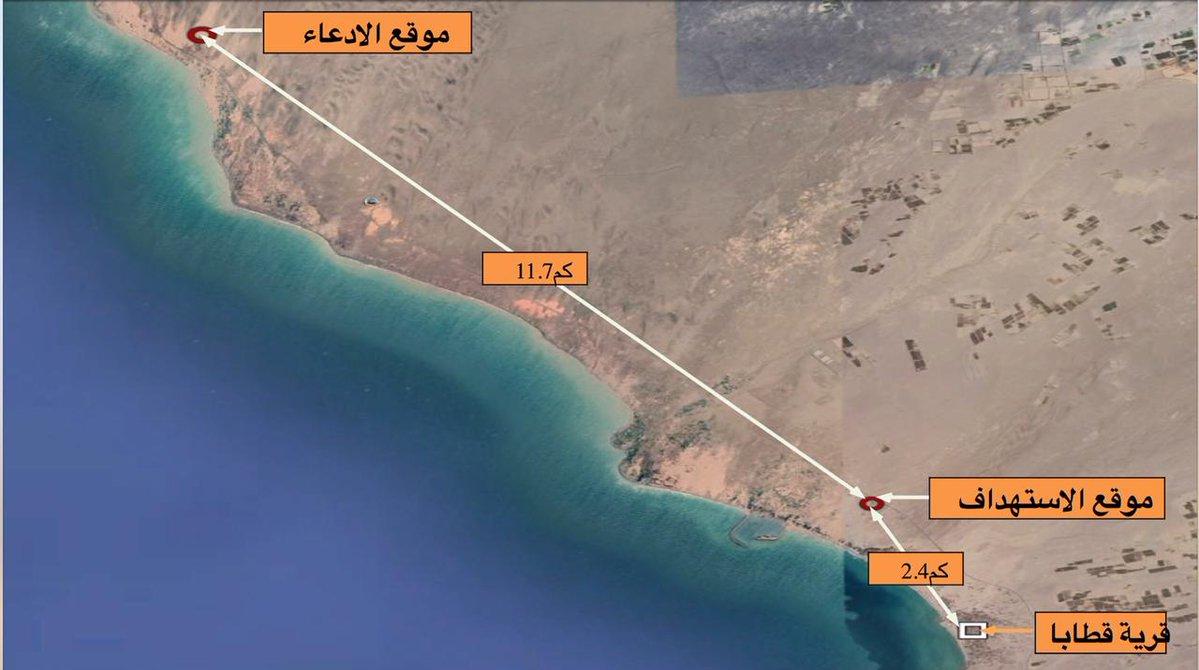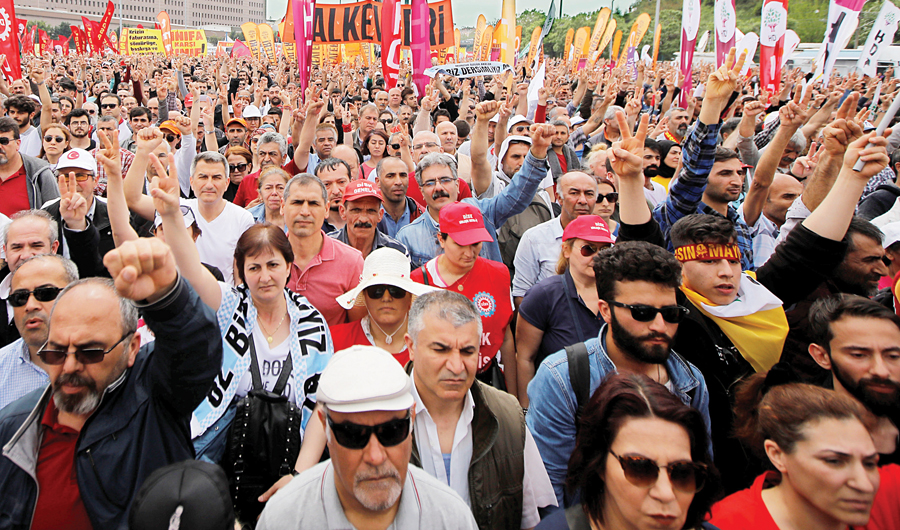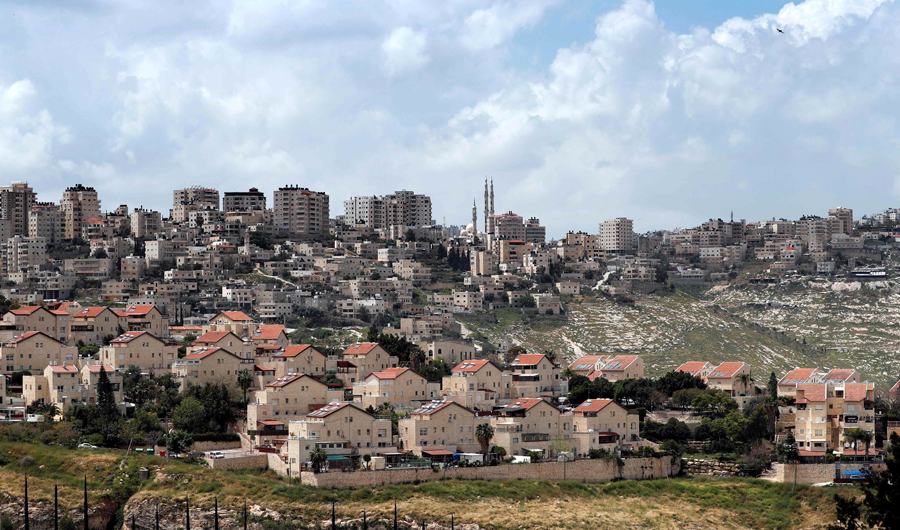Arab coalition rejects Yemen allegations
RIYADH: The Joint Incidents Assessment Team (JIAT) of the Arab coalition on Thursday rejected allegations over airstrikes and rights violations in Yemen.
It investigated three claims that were reported in the media and rights groups about the coalition’s operational conduct in the conflict.
Saudi Arabia leads a coalition of nations to support the internationally recognized government in Yemen in its fight against the Iran-backed Houthi rebels.
JIAT spokesman Mansour Al-Mansour said the team concluded that the procedures followed by the coalition were proper and safe, taking into consideration the rules of engagement and international humanitarian law.
Al-Mansour referenced cases raised by Human Rights Watch.
In 2016 coalition forces were alleged to have attacked two warehouses in an industrial area in the port city of Hodeidah. Bombs were dropped on warehouses and production workshops. The first attack hit a warehouse for foodstuffs, said Al-Mansour, while the second hit a warehouse for vehicle spare parts. There were no civilian casualties, he added.
The JIAT examined the incident and reviewed all documents, including procedures and rules of engagement, daily mission schedule, after-mission report, mission video recordings, satellite images, provisions and principles of international humanitarian law and customary rules, and assessment of evidence. It found that, based on the intelligence report received by coalition forces, the Houthi militia had seized and were using the warehouses as weapons and ammunition storage.
It also found that coalition forces had taken “feasible precautions” to avoid casualties or any accidental damage to civilian objects, minimizing the possibility of damage, through several measures. These included choosing the right time on target and using guided bombs.
In 2017 coalition forces were alleged to have attacked a military police camp in Sana’a, which was seized and controlled by the Houthi militia with prisoners trained to fight against the legitimate government. Al-Mansour said the JIAT investigated the incident and reviewed all documents. It found that, based on the availability of verifiable intelligence information, Houthi militia had seized and controlled the police camp and were preparing for combat against the government.
Coalition forces carried out an air mission using precision bombs and took all necessary precautions in accordance with the Geneva Conventions, he said.
The JIAT concluded that the procedures followed by coalition forces to target the detention camp were correct and in accordance with international humanitarian law and its customary rules.
Al-Mansour turned his attention to the report of the National Commission to investigate allegations of human rights violations in Yemen. He said it was stated that, in December 2017, coalition forces bombed houses in the village of Al-Qataba, Al-Khawkhah Directorate in Hodeidah, killing 21 people.
The JIAT verified the incident and reviewed all documents. It found that, in the course of armed clashes with the Houthi militia, coalition land forces requested close air support (CAS) because they were under direct fire. The militia were in two buildings, making these a legitimate military target of high value.
The CAS struck three military targets, the two buildings where the armed groups had fortified and the shooting site, using guided bombs.
The JIAT studied the claim. It was found that the nearest target area was 11.7 kilometers away from the coordinates of the claim and the time of the strike differed by four hours from what was stated in the claim.
The JIAT also verified the actions taken by coalition forces to target Houthi armed militia.




US Senate sustains Trump veto supporting Arab coalition in YemenHouthis detain 10 journalists in Yemen on ‘trumped-up spy charges’



